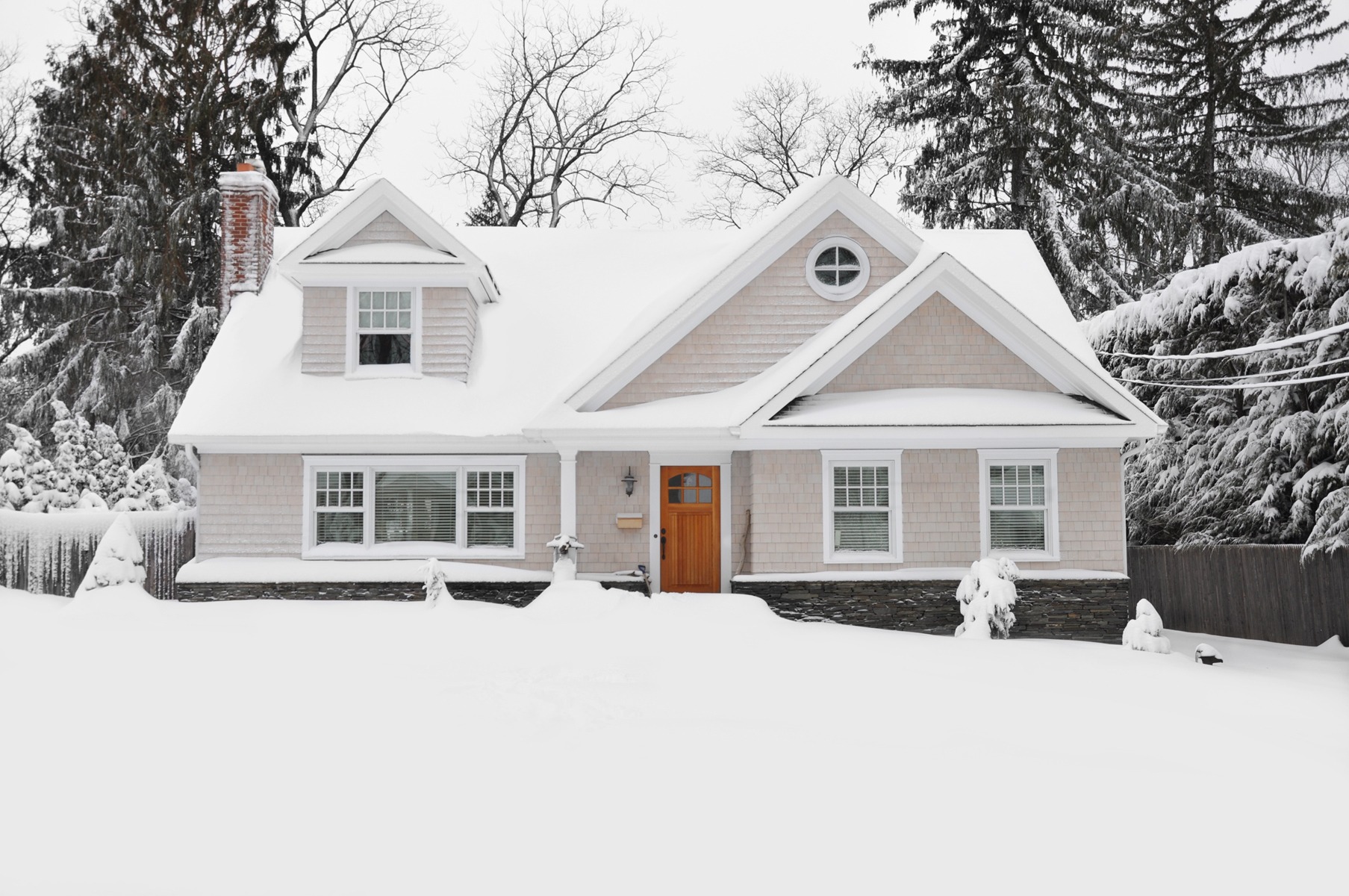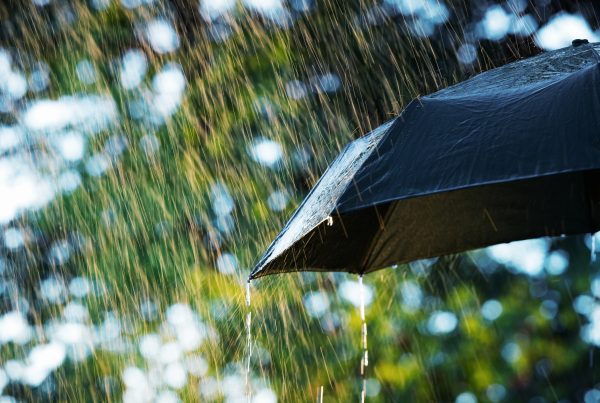Winter weather has officially arrived here in the Midwest, bringing challenges that can put your home and vehicle at risk. From icy sidewalks to frozen pipes and slippery roads, the cold season requires extra preparation to stay safe and secure. At Compass Insurance, we’re here to help you tackle winter’s obstacles with confidence.
For business-specific tips, check out our Winter Weather Preparedness for Businesses.
Preventing Frozen Pipes and Water Damage
Freezing temperatures can wreak havoc on your home’s plumbing, causing pipes to freeze and potentially burst. When temperatures drop to 20 degrees Fahrenheit or lower, even insulated pipes can be vulnerable. Keeping your home warm—maintaining at least 55°F, even when you’re away—can help prevent freezing. Insulating exposed pipes in basements, crawl spaces, and attics adds another layer of protection.
Allowing faucets to drip slightly can also keep water moving and prevent ice buildup. Additionally, sealing gaps around windows, doors, and plumbing entry points minimizes drafts that could lead to freezing. If a pipe does freeze, turn off the water supply immediately and thaw it carefully with a hairdryer or heating pad—never use an open flame.
Clearing Snow and Ice to Avoid Structural Damage and Falls
Heavy snow and ice accumulation pose risks not just to driveways and walkways but also to your roof. Snow buildup over 6 inches or more can lead to structural strain or collapse. Regular shoveling and applying de-icer can help keep surfaces safe for foot traffic and reduce the risk of slips and falls.
For roofs, removing excess snow before it builds up is key to preventing damage. Be sure to consult Travelers Insurance’s guide on roof snow removal for tips on clearing it safely. Prioritize your safety and consider hiring professionals for large snow loads.
Heating System and Fire Safety
With increased reliance on heating systems during winter, fire safety becomes even more important. Annual inspections of your furnace and chimney can ensure they are functioning properly and safely. Fireplaces and chimneys should be cleaned regularly to prevent hazardous buildup that could ignite.
Smoke detectors and carbon monoxide alarms need to be tested and have fresh batteries to remain reliable. Keeping fire extinguishers readily available in key areas provides additional peace of mind.
Preparing for Power Outages
Winter storms frequently lead to power outages caused by strong winds and ice buildup. Preparing in advance ensures you won’t be left in the cold. Stock up on flashlights, batteries, and non-perishable food to handle extended outages. A generator or alternative heat source can also help maintain warmth until power is restored. Protecting electronics with surge protectors reduces the risk of damage from sudden power surges once electricity returns.
Vehicle Safety and Winter Driving Tips
Winter driving requires special precautions to handle icy roads and poor visibility. Winterizing your car by checking tire tread, antifreeze levels, and battery strength before the cold hits ensures it’s ready for the season. Slowing down and increasing your following distance can help you avoid accidents in slippery conditions.
It’s also wise to keep an emergency kit in your vehicle. The National Weather Service suggests including blankets, water, non-perishable snacks, flashlights, and first-aid supplies. These items can make a significant difference if you’re stranded or waiting for roadside assistance.
Protect What Matters Most
Taking these precautions will help you avoid damage to your home, property, and vehicles while keeping your loved ones safe.
If you have questions about your home or auto insurance coverage this winter, contact one of our agents today. We’re here to guide you through any season!










